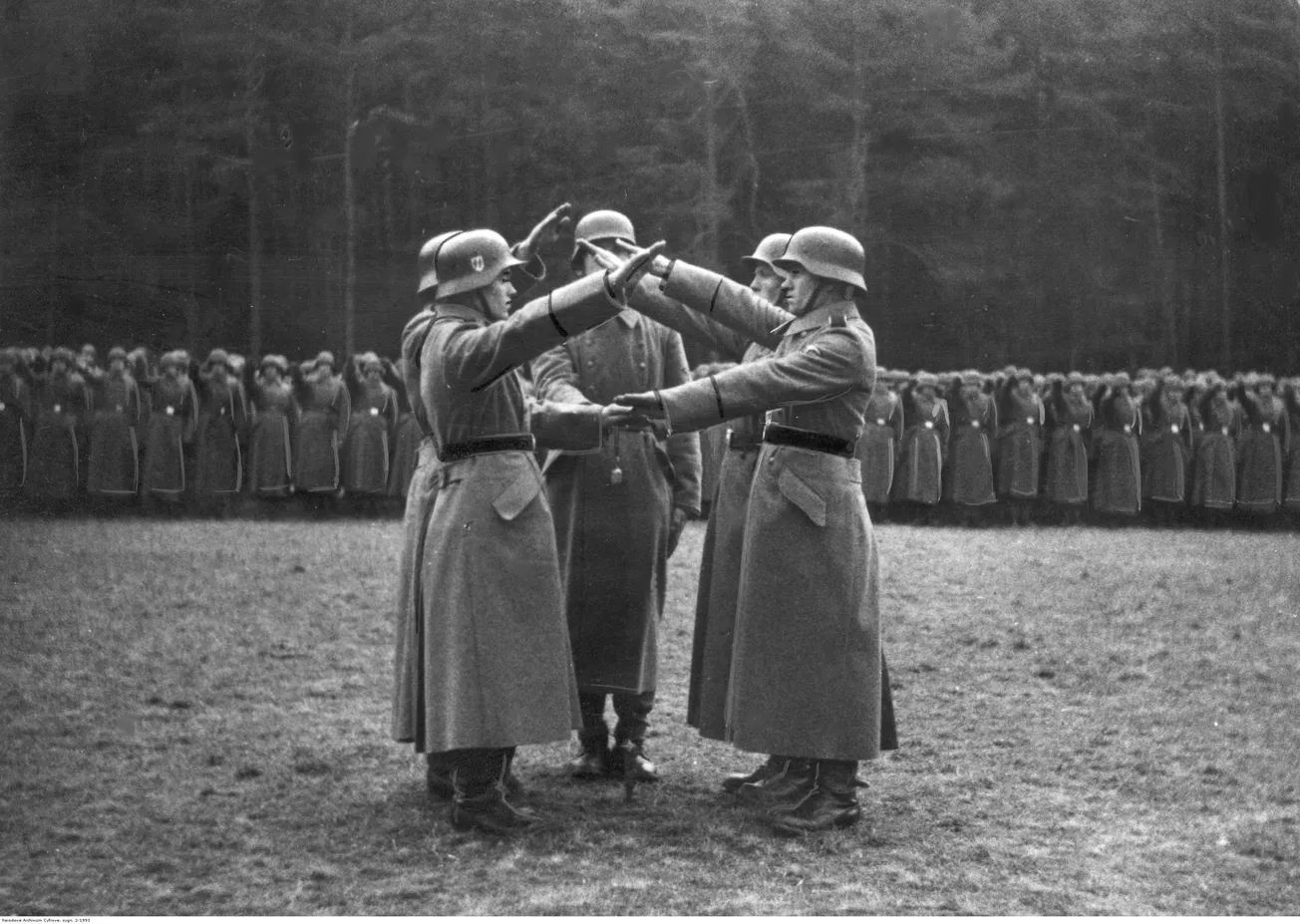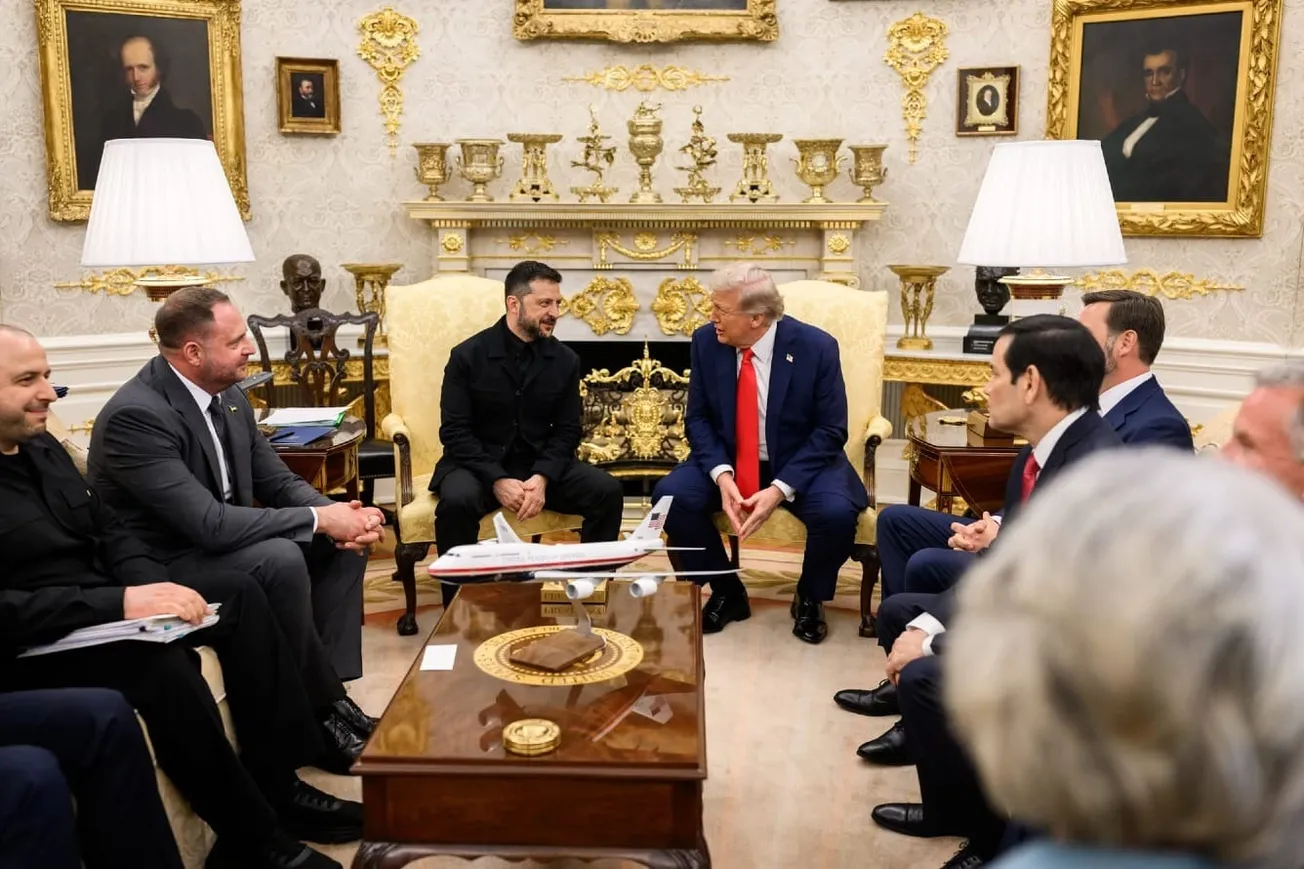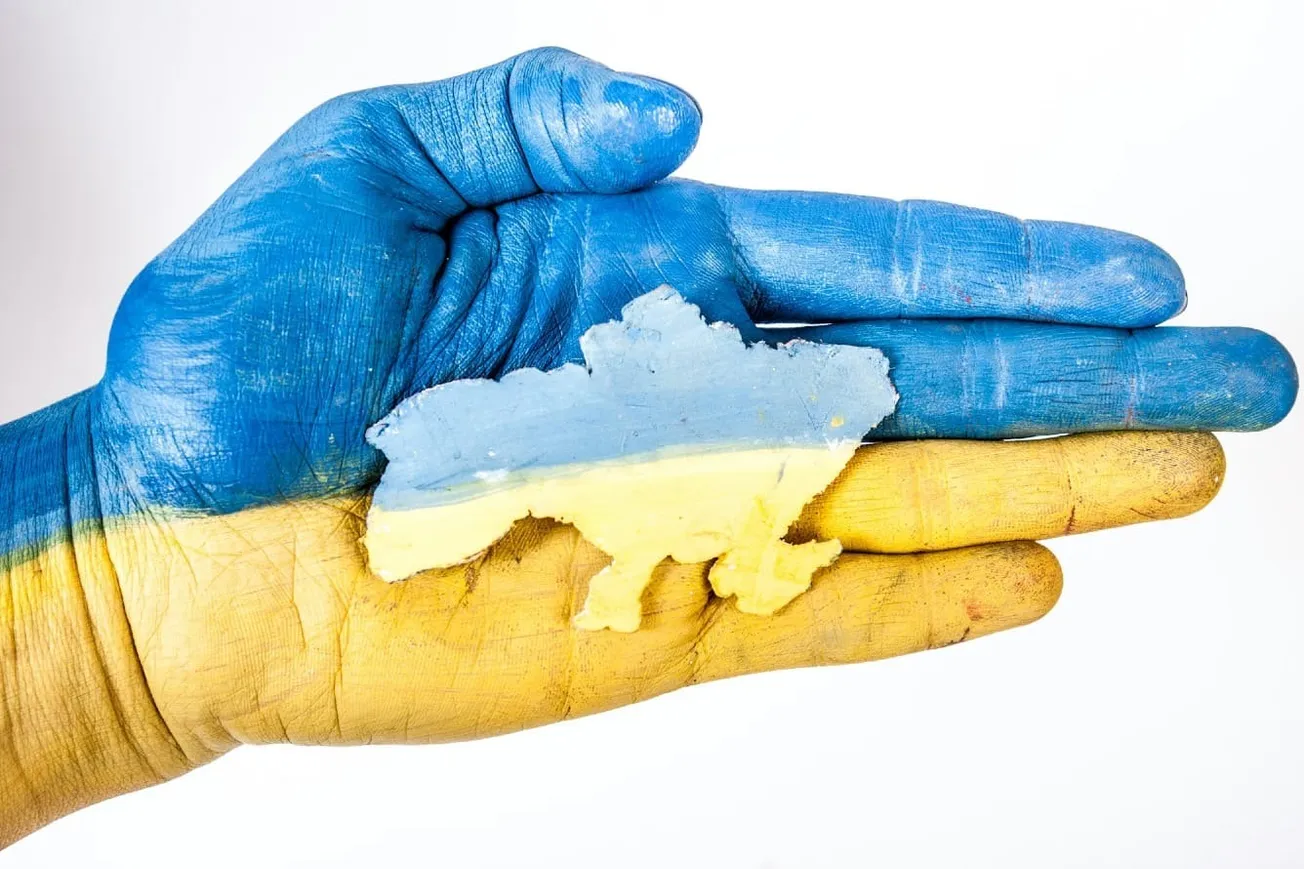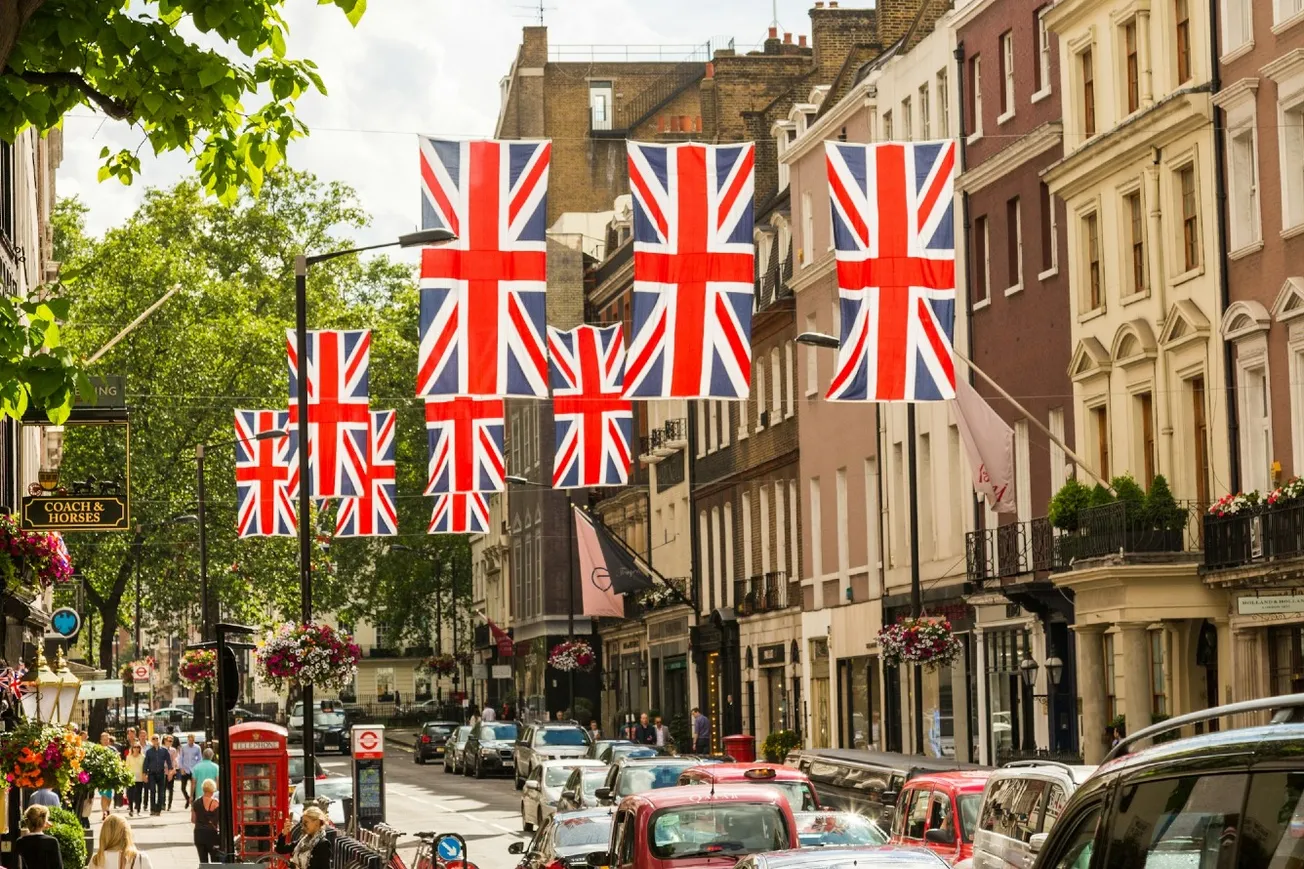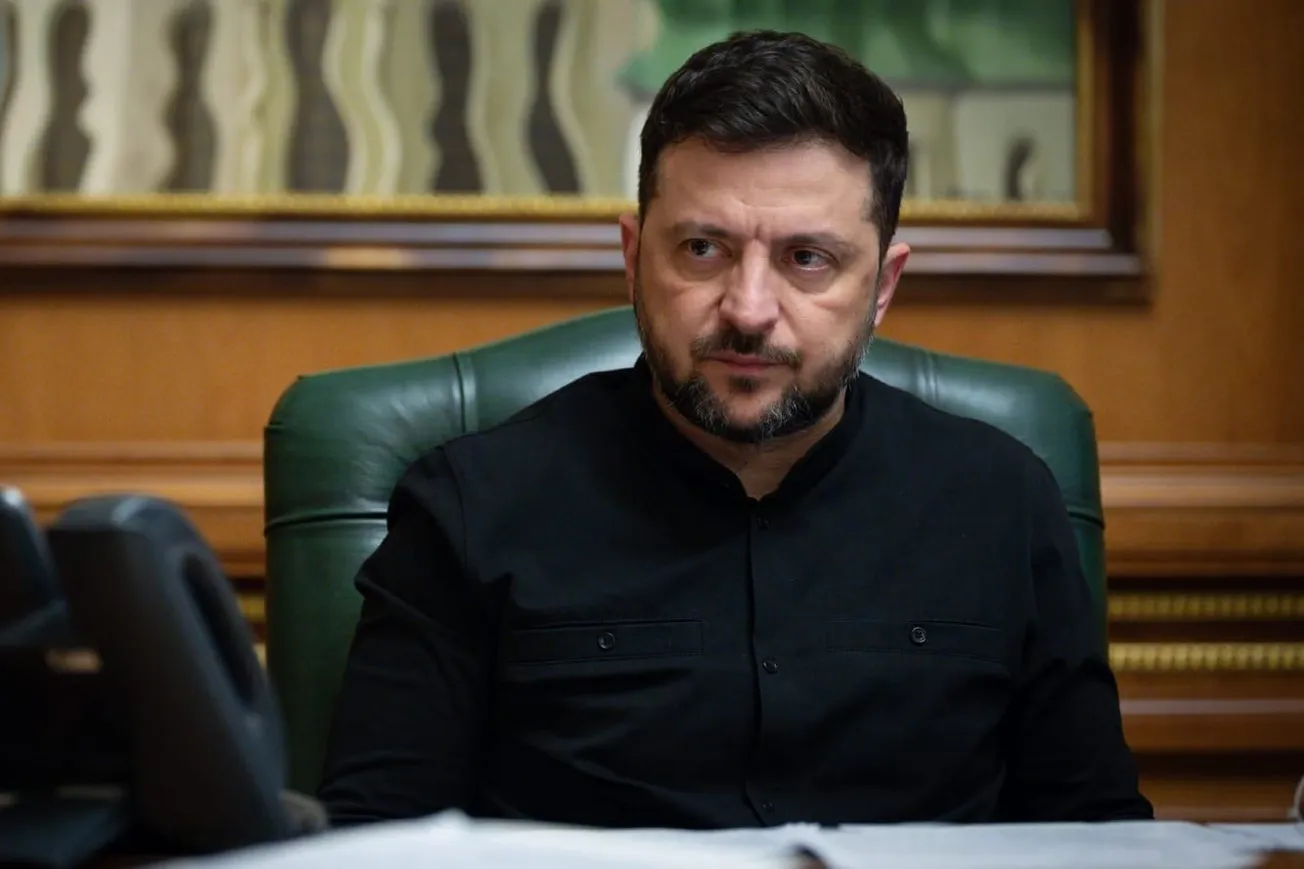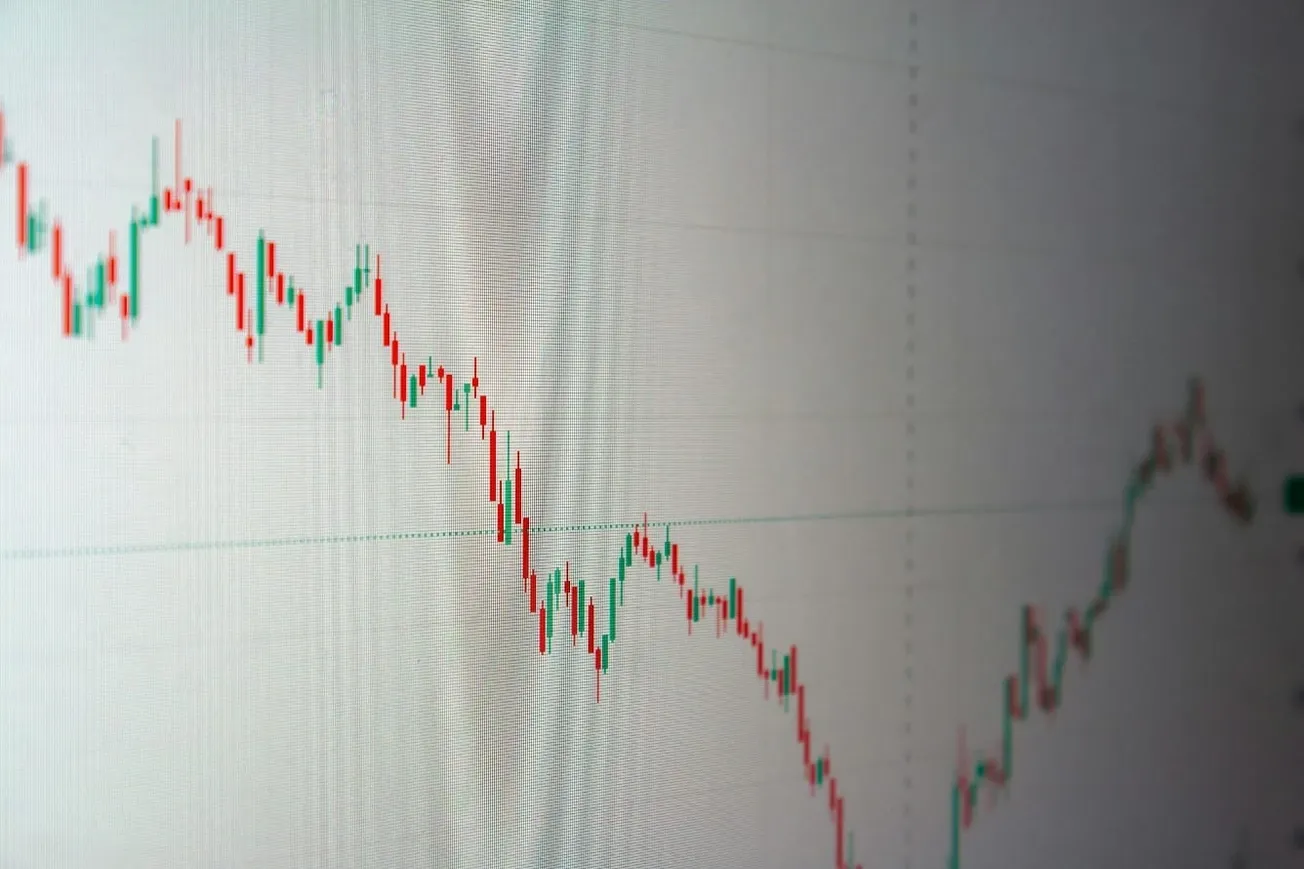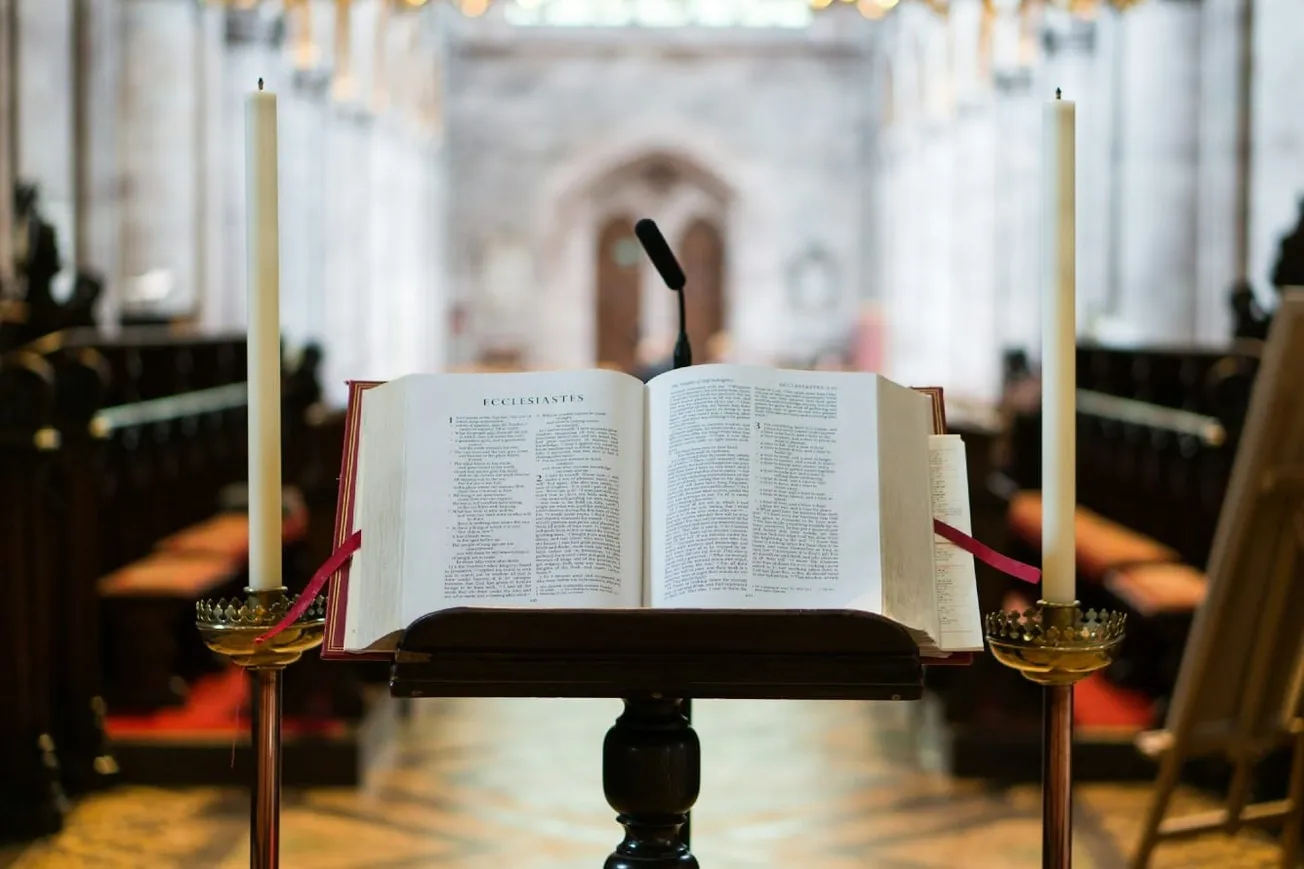By Ryan McMaken, The Mises Institute | October 4, 2023
On September 22, members of the Canadian Parliament provided a standing ovation for Yaroslav Hunka, a member of Nazi Germany's Waffen-SS during World War II.
The event surrounded a visit to Ottawa by Ukrainian president Volodymyr Zelensky. In their hysterical rush to praise all things anti-Russian in 2023, some of our social democratic elites in the West have taken to praising literal Third-Reich Nazis. Specifically, the Speaker of the House of Commons described Hunka as "a Ukrainian hero, a Canadian hero, and we thank him for all his service."
Shortly after Canadian politicians showered praise on Hunka, some observers on social media began to point out Hunka's Nazi past, and the matter became an embarrassment for Canada's PM Justin Trudeau and for the Speaker who resigned days later. Moreover, the affair has highlighted a longstanding pattern of tolerance for Ukrainian SS members demonstrated by the regimes in both the United Kingdom and Canada.
These reminders of Ukrainian collaboration with the Third Reich has provided another Nazi-themed black eye for the Ukrainian regime which has already been accused—with good reason—of supporting neo-Nazi groups like the Azov Battalion which has long employed Nazi symbols such as the wolfsangel, the swastika, and the black sun. Ukrainian nationalists like those in the Azov battalion have also sought to dismiss criticism of Ukraine-Nazi collaboration while portraying pro-Nazi Ukrainians as mere innocent anti-Russian freedom fighters. Yet, Hunka's unit and other Ukrainian nationalist groups are notable for crimes inflicted against ethnic Poles and Jews, and reminders of such past crimes are likely to further raise tensions between the Polish and Ukrainian regimes. Warsaw and Kiev are presently denouncing each other over war funding and the importation of cheap Ukrainian grain into the EU.
Current allies of Ukraine, however, have likely noted the danger posed to the pro-Ukraine narrative by the Hunka fiasco. Thus it is not surprising to see headlines from Western media attempting to excuse Ukrainian Nazi collaborators. On Monday, for example, the European version of Politico published an article titled "Fighting against the USSR didn't necessarily make you a Nazi." The article is by committed Russophobe Keir Giles and makes the case that at least some Nazi soldiers weren't really all that bad since they were fighting Russians.
One of Giles's chief "arguments" is simply that "it's complicated" and Ukrainian SS members have been judged unfairly. Meanwhile, Canada's military history magazine Legion tells us to consider the "nuance of history" before casting aspersions on these Nazis. The CBC makes a similar claim that the Hunka situation "reveals a complicated past" and that Ukrainian Nazis were simply choosing what they perceived to be the lesser of two evils.
Legacy-media journalists—many of whom spent the last three years denouncing any opposition to the establishment narrative as "racism" or "misinformation"—are now telling us that we must approach the nuances of Nazi volunteers with an open mind.
The Record of Ukraine's Waffen-SS Nazis
Attempts to downplay the Nazi status of Hunka's unit conveniently ignore a variety of facts that hardly add "nuance" to the situation. It is important to keep in mind, of course, that the Waffen-SS was not the Wehrmacht, the "regular army" of Germany. Rather, the Waffen-SS was the combat arm of the fanatical and ideological paramilitary group Schutzstaffel (SS) tasked with carrying out the Holocaust and the German regime's many other efforts to murder enemies of the state. The SS was under the command of Heinrich Himmler, and the Gestapo answered to the SS.
The unit was known officially as the 14th Waffen Grenadier Division of the SS or the "1st Galician" unit. German commanders often called it simply the "SS Galizien." Hunka was a volunteer in this unit, as were many other Ukrainian nationalists. It was only in 1944, after the unit suffered devastating losses in battle, that the unit was rebuilt using conscripted soldiers. Indeed, thousands of Ukrainian nationalists volunteered for service with the Nazis, with 52,000 men enlisting. Among these, about 13,000 were inducted into the SS. Many other volunteers went on to serve in the German concentration camp system, especially at Trawniki concentration camp. The camp served as a forced labor camp for Jews and others under the watchful eyes of Ukrainian "freedom fighters." The camp also served as an SS training camp, mainly for Ukrainian recruits.
As for the Galizien unit, it has been implicated in several specific war crimes, especially the massacre at Huta Pieniacka where approximately 700-1,200 ethnic Poles and Jews were killed. A 2003 investigation by the Polish Institute of National Remembrance into the massacre concluded that "the crime was committed by the 4th battalion of the 14th division" (i.e., the Galizien division.) In 2005, the Institute of History at the Ukrainian Academy of sciences agreed with a Ukrainian nationalist who, at the time, declared that "Ukrainian SS-men wiped out the entire village."
But this not surprising as the Galizien unit worked closely with notoriously brutal Waffen-SS units. As Per Anders Rudling noted in the Journal of Slavic Military Studies:
The Waffen-SS Galizien worked alongside one of the most brutal counter-insurgency units of Nazi Germany, the dreaded SS-Sonderbattalion Dirlewanger, a unit which included rapists, murderers, and the criminally insane, which carried out brutal anti-partisan activities in Belarus and Poland, and the no less brutal suppression of the Warsaw uprising in 1944. Waffen -SS Galizien and Dirlewanger transferred officers between their units.
The idea that the Galizien unit had no interest or complicity in killing anyone other than Russians is dubious at best. After all, anti-Polish sentiment was common among Ukrainian nationalists at the time, as western Ukraine had long been a conquered territory under the rule of the Polish-Lithuanian commonwealth. During the Second World War, the "far-right" Organization of Ukrainian Nationalists (OUN-B) engaged in numerous massacres of Poles designed to prevent them from asserting sovereignty over western Ukraine at the end of the war. Ukrainian nationalists had long clashed with the Polish state in western Ukraine, often in and around the Polish city of Lwów—now Lviv in western Ukraine—which was heavily Ukrainian in the interwar years of the Second Polish Republic. Anti-semitism was common in Western Ukraine as evidenced by the energetic participation of local ethnic Ukrainians in the 1941 Lwów pogroms.
The SS Galizien unit came into being in this milieu of anti-Polish nationalism. Yet, virtually no article on Ukrainian nationalism in the corporate media since 2022 mentions Poland's conquests in what is modern-day Ukraine, or the anti-Polish reprisals that followed.
Members of the Galizien, including Yaroslav Hunka, also took an oath of loyalty to Adolf Hitler which read:
I swear before God this holy oath, that in the battle against Bolshevism, I will give absolute obedience to the commander in chief of the German Armed Forces Adolf Hitler, and as a brave soldier I will always be prepared to lay down my life for this oath."
Lest anyone think these Ukrainian nationalists thus limited themselves to strictly combatting Bolshevism, we must keep in mind that Waffen-SS troops hardly granted their victims fair trials before executions and massacres were carried out. Rather, Jews were often regarded as communist collaborators in general, and treated accordingly. Ethnic Poles who proved inconvenient to "anti-Bolshevik" activities were killed in large numbers.
Contrary to the now-preferred myth that the Galizien unit was just a bunch of misunderstood good guys, Rudling concludes "There is no overt indication that the unit in any way was dedicated to Ukrainian statehood, let alone independence. The volunteers committed themselves to a German victory, the New European Order, and to Adolf Hitler personally."
However, even if Hunka's unit had not been involved in war crimes, it is remarkable that the Canadian parliament would give a standing ovation to a man who for all intents and purposes fought against Canada and its allies in the Second World War. As British historian Mark Felton sarcastically put it in a recent video:
Now if any Canadian members of Parliament are watching, this next bit might be rather difficult to understand, but the Red Army, commonly referred to as "the Russians," were our allies in World War II while the Ukrainian SS was fighting for somebody called Adolf Hitler who, according to Wikipedia, wasn't very nice.
Nowadays, we're supposed to applaud anyone and everyone who kills a Russian. But during the Second World War, the US regime under Franklin Roosevelt wholeheartedly embraced the Soviet regime as an ally. Roosevelt was personally fond of Josef Stalin, calling him "Uncle Joe." The Americans and other western Allies coordinated efforts with the Soviets in the fight to encircle and crush the Third Reich. Moreover, it was the Red Army which did most of the heavy lifting in the land war in Europe. As the Red Army pressed further toward eastern Germany, this forced the Germans to send ever larger numbers of its best recruits to the meat grinder on the eastern front. Had this not been the case, it is likely D-Day in Normandy would have been futile for the Allies, or at the very least an Allied bloodbath far worse than that which actually occurred. As historian Ralph Raico has pointed out, many of the German troops at Normandy were young boys and old men. The best troops were dealing with the Soviets in the east.
Yet, the Canadian Parliament applauds a man who was helping the Germans fight off the Red Army, which in effect allowed the German army to kill more Americans, Brits, French, and Canadians.
When Western Socialists Defended Nazis
The global establishment's sudden discovery of the "good" Nazis has its precedent. Let it not be forgotten that in the late 1930s, Nazi Germany courted the Soviet Union as an ally, culminating in the Molotov-Ribbentrop Pact (the "Nazi-Soviet Pact") of 1939. As a result, communists in the West praised and defended Hitler and the Third Reich while blaming the war solely on British and French imperialists. Then in 1941, after the German invasion of the USSR, communists in Britain and the UK turned on a dime and suddenly decided that Nazis were the bad guys again.
The Left is apparently back to defending Nazis. Now that anti-Russian hysteria is supposed to be the guiding principle of "global democracy," we're told that we are to applaud former Waffen-SS soldiers for fighting against the Allies.
It's quite an interesting turn of events, but given the current realities of relentless regime gaslighting and propaganda, it's not terribly surprising.
Ryan McMaken is executive editor at the Mises Institute.
Original article link

